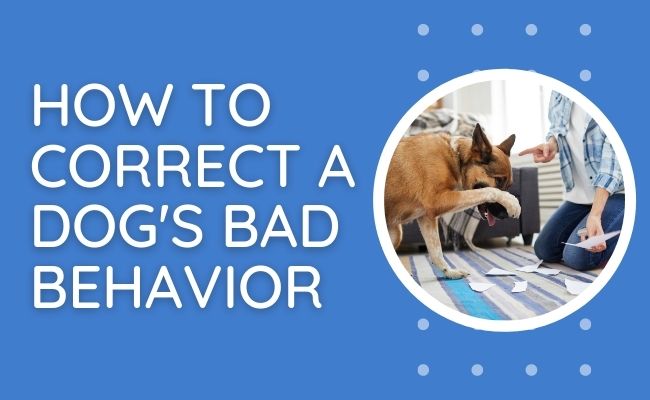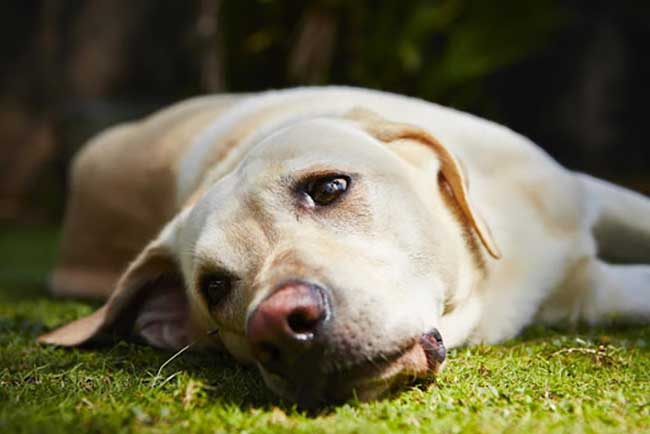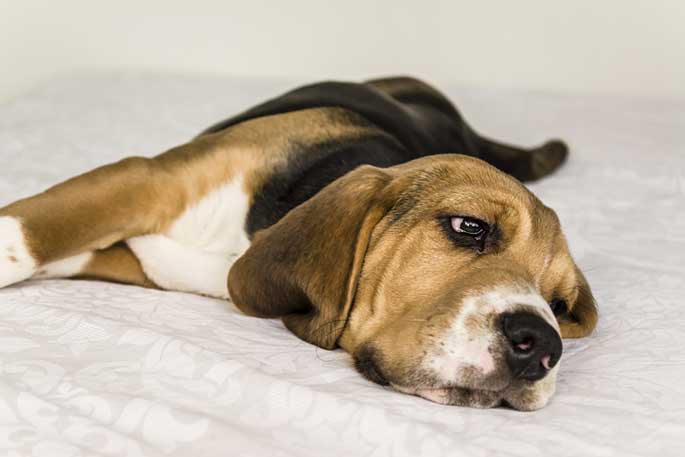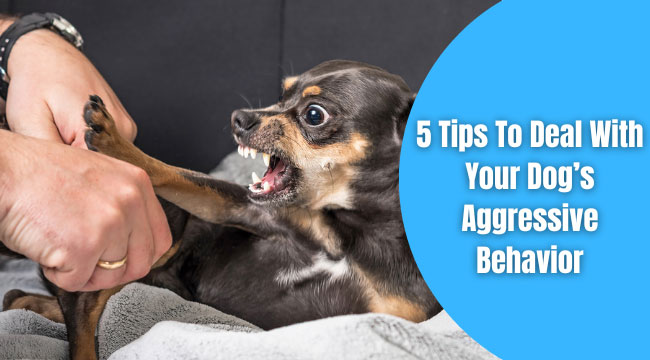
Having a dog can be a great joy. Dogs can help you stay active, reduce loneliness, and lower stress levels. While these furry friends are meant to benefit you in many other ways, they may sometimes exhibit aggressive behaviors. For instance, your pet may start biting, snarling, growling, lunging, or baring teeth.

If you see your dog being aggressive toward children, strangers, family members, or other pets, it’s best to deal with the matter as quickly as possible.
WHAT IS DOG AGGRESSION?
When we think of an aggressive dog, the first thing that comes to mind is that the dog bites. However, “aggression” can mean a lot of different things. While some dogs never show more than an occasional growl, others can attack other dogs or even people.
No matter what signs of aggression your dog displays, it is crucial to understand what triggers the behavior.
A dog might be aggressive for many reasons. Identification of the underlying cause is crucial to make treatment easier and more effective. One of the most common reasons is fear. A fearful dog may become aggressive in order to protect himself from potential harm. Another common cause of aggression is dominance. When a dog perceives that it is not in control of its environment or pack, it may act out in an attempt to assert its position. It is also possible for aggression to be the result of pain or illness. Suppose your dog is acting out of character or has begun to show signs of aggression suddenly. If this is the case, you should consult your veterinarian to rule out any underlying medical conditions.
Below are some measures you could consider:
Take Your Dog To The Vet
Several issues can cause a dog to behave aggressively. Some may be health concerns like thyroid problems, brain conditions, convulsions, or chronic pain. Therefore, before taking any step to deal with your dog’s aggression, consider a medical examination first. A good veterinarian will determine what may be the cause of their behavior and prescribe the proper medication.
Consult A Professional Trainer
If you establish that your pet’s aggression isn’t because of a medical issue, it’s best to consult a professional animal behaviorist or trainer. It may not be advisable to wait for your dog to change. Instead, see an expert after leaving the vet’s office. This is because an aggressive dog may be dangerous to loved ones, visitors, other pets in the house, and even you. The earlier you seek help, the safer everyone will be.
A good dog trainer will easily tell what’s causing your furry friend’s aggression. After that, they’ll develop an effective plan to manage the issue. To find an excellent expert, research on the internet or ask a loved one to recommend a professional.
Apart from hiring an individual to help your dog, you could also look for a bootcamp for aggressive dogs. Such programs use tried and tested methods to help canines with behavioral issues. Consult your vet if you can’t find a reliable dog boot camp center. They may know a good place.
Don’t Punish Your Dog
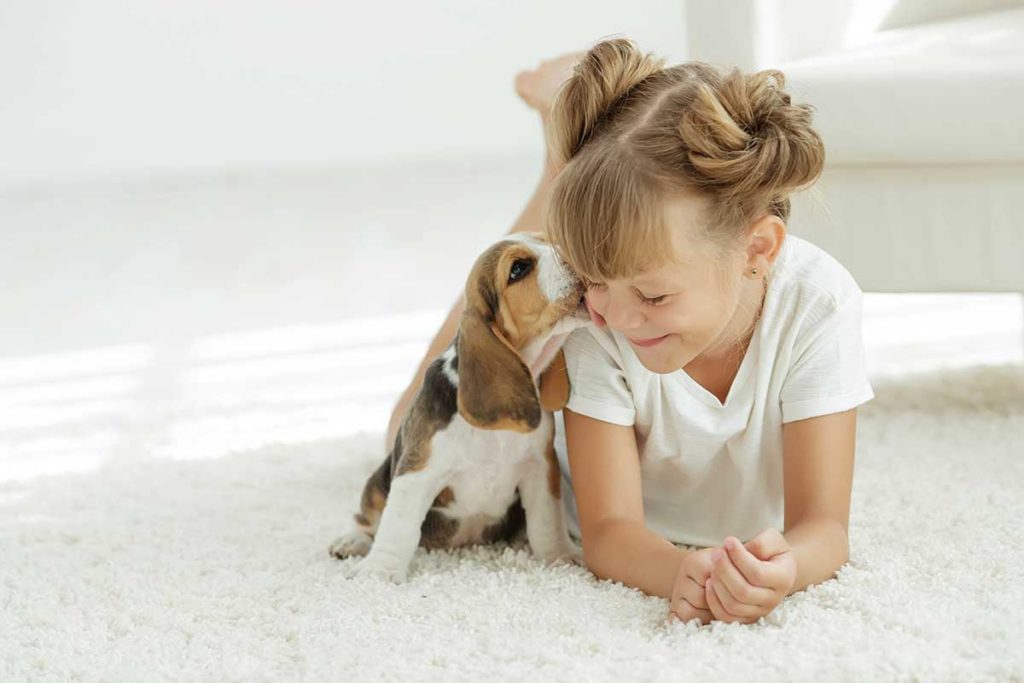
It may be usual for you to punish your dog for bad behavior. For example, you may take away their toys or use your voice to issue stern commands. In other cases, these methods may effectively discipline a furry friend. However, when your dog is behaving aggressively, punishing them may not be the best approach. Doing so may only make the situation worse. Your dog might feel like they need to defend themselves and respond by biting you.
Instead of punishing your dog for aggressive behavior, first, be calm and relaxed. After that, consider encouraging means of training your canine to act how you want them to. For instance, you can reward good behaviors by giving them treats, praising them, or snuggling with them.
Try Dietary Or Environmental Changes
In some cases, an aggressive dog might need dietary changes. For example, if you feed your furry friend a lot of starch or too many carbohydrates, the food may be causing blood sugar and energy spikes. Instead of giving your pet such feeds, consider high protein diets. They could ensure stable blood sugar levels and fewer energy spikes.
Besides giving your canine beneficial food, changing their environment might also help curb aggression. Like humans, your furry friend could also experience anxiety around other dogs, which could cause their unruly behavior.
You can start by changing where you go for walks to avoid dogs that may be too scary or aggressive for your pet. After that, introduce them to other canines one at a time and watch how they behave during the interactions. If they’re comfortable with one, you can allow them to interact with another. Consult a professional trainer if these steps don’t ease your furry friend’s anxiety.
Be Patient
It might take time to rectify aggression in dogs. Therefore, if your pet is taking medication, if you’ve started using positive reinforcement, or you’ve just changed their diet or environment, be patient with them. It might take some time before you witness a complete change and trust them to be around children, visitors, and other pets in the house. Nonetheless, your furry friend deserves the wait.
Read More:
- 5 Reasons Why Hiring A Dog Walker Is The Perfect Idea
- Preventing Dog Bites | How You can Calm Your Aggressive Dog
- The most important things to bear in mind when training aggressive dogs
- tips for adopting a shelter dog? Here Are 4 Must-Follow Tips
- Common Dog Behavior Problems and What You Can Do?
Final Thoughts
It may be challenging to live with a dog that’s exhibiting aggressive behavior. If yours does, this article could be of great help. In this piece, you’ve learned that the first step to dealing with canine aggression is taking them to the vet. A professional trainer or bootcamp training could help rectify their behavior if they have no health complications.
You could also consider positive reinforcement or changing your dog’s diet or environment. After taking the above steps, be patient with your pet. It may take a while for you to see a complete change of behavior, but they’ll surely get there.
